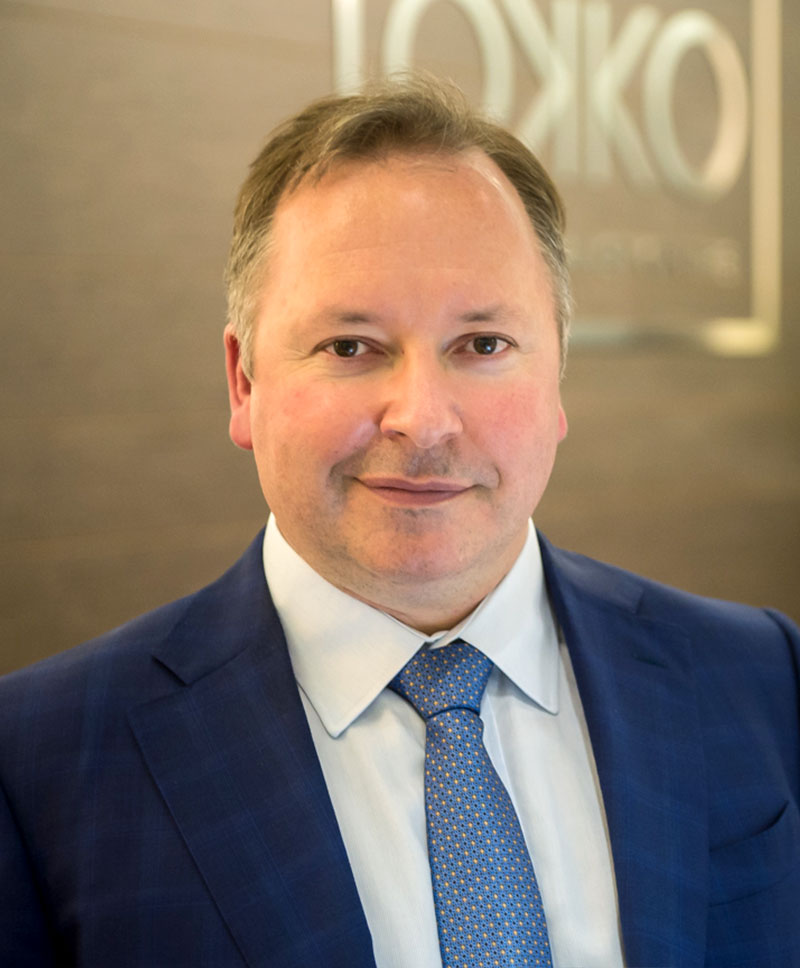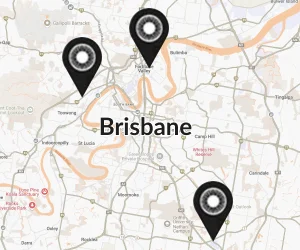
Why sunglasses after PRK surgery matter and how to choose the right ones
After PRK surgery, your eyes need time, protection, and care to heal well. One of the simplest but most effective things you can do? Wear the right sunglasses. Whether you're in Brisbane's bright sun or heading out on an overcast day, eye protection matters.
In this post, we’ll explore why sunglasses are so important after PRK, what to look for when choosing a pair, and how to care for your eyes during recovery.
What Is PRK surgery?
PRK (Photorefractive Keratectomy) is a type of laser eye surgery that corrects vision by reshaping the cornea's surface. Unlike LASIK, PRK doesn’t involve creating a flap in the cornea1https://www.allaboutvision.com/visionsurgery/prk/. Instead, the outer layer is gently removed before the laser reshaping begins. This method makes PRK ideal for people with thinner corneas or specific eye conditions.
Because PRK treats the surface of the eye, recovery takes longer2https://pubmed.ncbi.nlm.nih.gov/31830293/. Light sensitivity, dry eyes, and blurry vision are common in the first days or weeks. That’s where sunglasses come in.
Why are sunglasses important after PRK?
Your eyes are especially sensitive after PRK. The surface of the cornea is healing, and exposure to sunlight can:
- Increase discomfort and sensitivity
- Slow the healing process
- Lead to dry eyes and irritation
- Potentially impact your surgical results
UV rays can also cause long-term damage to the eyes, particularly while the tissue is vulnerable. The right sunglasses help reduce these risks.
When should you wear sunglasses after PRK?
Immediately after surgery and for at least 1 week3 https://americanrefractivesurgerycouncil.org/prk-recovery-time-what-to-expect/, you should wear sunglasses whenever you are outdoors. Many patients continue to wear them longer, especially in bright environments or if they experience ongoing light sensitivity.
You may also be advised to wear sunglasses indoors if light feels too intense or uncomfortable.
What happens if you don’t wear sunglasses after PRK?
Skipping sunglasses can make your eyes feel worse and may affect healing. UV exposure may increase inflammation, dryness, and risk of regression (a slight return of your original prescription). Light sensitivity can also linger longer without proper protection.
Your surgeon will give you personalised advice, but generally, it's best to err on the side of caution.
How to choose sunglasses after PRK
Not all sunglasses are equal. Here’s what to look for when buying post-surgery sunglasses:
1. UV 400 protection
Ensure your sunglasses block 100% of UVA and UVB rays. UV 400 protection is essential to shield your eyes during recovery.
2. Polarised lenses
Polarised sunglasses reduce glare from surfaces like water, roads, and glass. This helps reduce eye strain and makes you more comfortable outdoors.
3. Large, wraparound frames
Larger frames offer more coverage from light entering at the sides. Wraparound styles help block wind, dust, and light from all angles.
4. Tint and comfort
Darker tints can help with brightness, but make sure the lens doesn’t distort colour or clarity. Choose something comfortable enough to wear for hours at a time.
5. Non-prescription or clip-on
If you’re not wearing contacts post-surgery, non-prescription sunglasses work well. Clip-ons are also a good option if you need to wear temporary glasses.
Can you wear any sunglasses after PRK?
Technically yes, but not all sunglasses will provide the protection your eyes need. Fashion sunglasses often lack full UV protection or polarisation. Look for sunglasses specifically designed for eye health and recovery.
What about wearing sunglasses indoors?
It might feel odd, but it’s okay to wear sunglasses indoors if your eyes are very sensitive to light. This is common during the first few days post-surgery. As healing continues, your sensitivity should decrease.
Other tips for eye care after PRK
- Avoid direct sunlight even if you’re wearing sunglasses, especially in the first few days.
- Use artificial tears to keep your eyes hydrated.
- Avoid rubbing your eyes, even if they feel irritated.
- Follow your surgeon’s instructions about drops and medications.
- Take breaks from screens and avoid overly bright environments.
What to expect during recovery
Most people return to daily activities within a week. Full visual recovery can take several weeks or even months4https://pmc.ncbi.nlm.nih.gov/articles/PMC3520590/#!po=78.5714. During this time, your sunglasses will be your best friend.
Your vision may fluctuate, and your eyes may feel dry or gritty. These symptoms are normal and gradually improve with time and care.
PRK vs LASIK: Why sunglasses still matter
Even though LASIK has a faster recovery time, sunglasses are just as important5 https://www.allaboutvision.com/en-gb/vision-surgery/prk/. Both procedures involve light sensitivity and UV exposure risks during healing. The main difference is that PRK affects the surface of the eye, making it slightly more sensitive at first.
Wearing the right sunglasses after PRK surgery helps protect your eyes, manage discomfort, and support healing. It’s a small investment in your long-term vision health.
If you're thinking about PRK surgery and have questions about recovery, VSON Laser Eye Surgery Brisbane is here to guide you. Our experienced team is committed to supporting your journey every step of the way.
Ready to find out if you're suitable for PRK?
ARE YOU SUITABLE?
Check your laser eye surgery suitability online with our free LASIK self-test
OUR MOST POPULAR PROCEDURES

Hi, I’m Dr. Matthew Russell, a laser and cataract surgeon
HI I’M DR. MATTHEW RUSSELL A LASER EYE AND CATARACT SURGEON
With over 15 years of experience and over 20,000 procedures performed, I enjoy the privilege of helping patients of all ages reclaim clear vision or preserve it for as long as possible.
Vision correction and high-precision cataract surgery hinge on the expertise and skill set of the provider who also has access to the most precise tools for the job. Ophthalmic surgeons like me know how to make treatment safe, comfortable and positive for the patient. They know how to minimise the risk of complications and maximise successful outcomes.
I have a passion for helping my patients enjoy the clear, high-definition vision they need to live rich and active lives. Now, I have hand-picked a team of professionals that share my passion and commitment to exceptional care.
Dr. Matthew Russell
MBChB, FRANZCO






